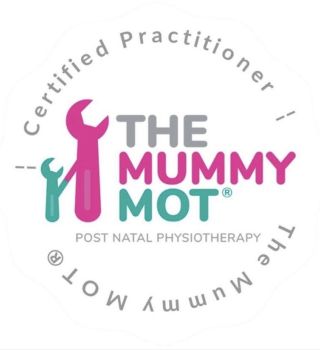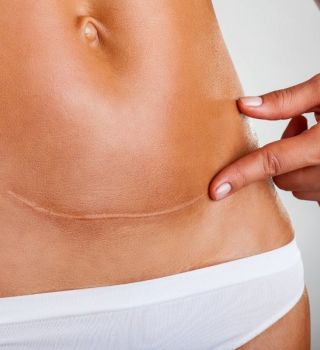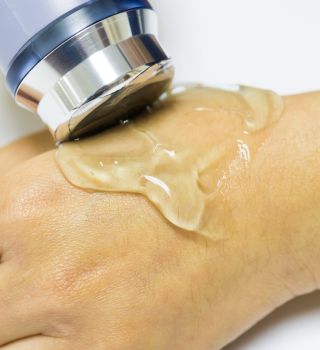Antenatal, Postnatal and Menopausal Physiotherapy
As a specialist in women’s health, PelviCare offers a wide range of professional physiotherapy treatments for women who are pregnant, recovering after giving birth or who are experiencing menopausal or perimenopausal symptoms.
This includes antenatal, postnatal and menopausal physiotherapy for patients suffering from disorders and problems related to the pelvis area, the pelvic floor, the abdominals and other conditions within the OB-GYN sphere.
Antenatal
Many people believe that musculoskeletal pain is just a normal part of pregnancy. However, there are a range of safe and effective treatments that can help to reduce the discomfort that often comes with carrying a child.
During your antenatal physiotherapy sessions, our team will help you understand the changes that are happening in your body during this special time. We will also teach you how to stay fit and active throughout your pregnancy, and will provide practical strategies to help you physically prepare for labour.

Postnatal
Similarly, postnatal physiotherapy can support a faster rehabilitation after giving birth. After having a baby, most women have a weakness in either the tummy or pelvic floor muscles. This vulnerability creates instability and poor core strength, resulting in back pain, pelvic pain, bladder problems and bowel dysfunction.
As many as 1 in 3 women will experience bladder problems at some point in their lifetime. Many are too embarrassed to admit or discuss it, while many more think it is an inevitable consequence of age or childbirth. This is not the case - and as our women’s health experts will tell you, undergoing a simple assessment, carrying out evidence-based postnatal exercises and making some important lifestyle changes can often be enough to improve or eliminate your symptoms.

Perimenopause & Menopause
Most women will experience a wide variety of symptoms related to menopause, and these may appear when they are in their 50s, 40s or, sometimes, even earlier. The changes in hormones that women experience as they get older can affect your mood, cognitive processes and mental health. But they can also come with a range of physical issues that might have an effect on your confidence and lifestyle.
Menopause doesn't have to mean that you suffer incontinence or painful sexual intercourse, and it doesn't have to mean that you will be facing some degree of pelvic organ prolapse. Our women's physio specialists will provide reassurance and understanding about the changes you're going through and provide a personalised treatment plan to help you deal with your symptoms and maintain your pelvic health.

Tailored antenatal, postnatal and menopausal physiotherapy practices can be used to treat the following conditions:
- Pelvic girdle pain (including sacroiliac pain SIJ, pubic symphysis pain SPD, coccyx pain)
- Coccydynia (coccyx, tailbone pain)
- Low back and neck pain
- Rib and mid back pain
- Discomfort/pain from a caesarean scar, episiotomy or tear
-
Separation of the abdominal muscles (rectus diastisis)
-
Bladder and bowel incontinence
- Constipation
- Pelvic organ prolapse
- Chronic pelvic pain
- Pain or discomfort during sexual intercourse
- Endometriosis
- Vaginal pain, specifically vaginismus and vulvodynia
- Tightness and weakness in the pelvic floor muscles
- Mastitis, blocked ducts, breast engorgement
We help with:
- Preparing the pelvic floor for birth
- Getting new mothers back into sport after delivery
- Support and rehabilitation before and after gynaecological surgery
- Managing the symptoms of menopause and perimenopause
- Helping you to feel strong and confident again!
We offer:
-
Pregnancy massage and more....










